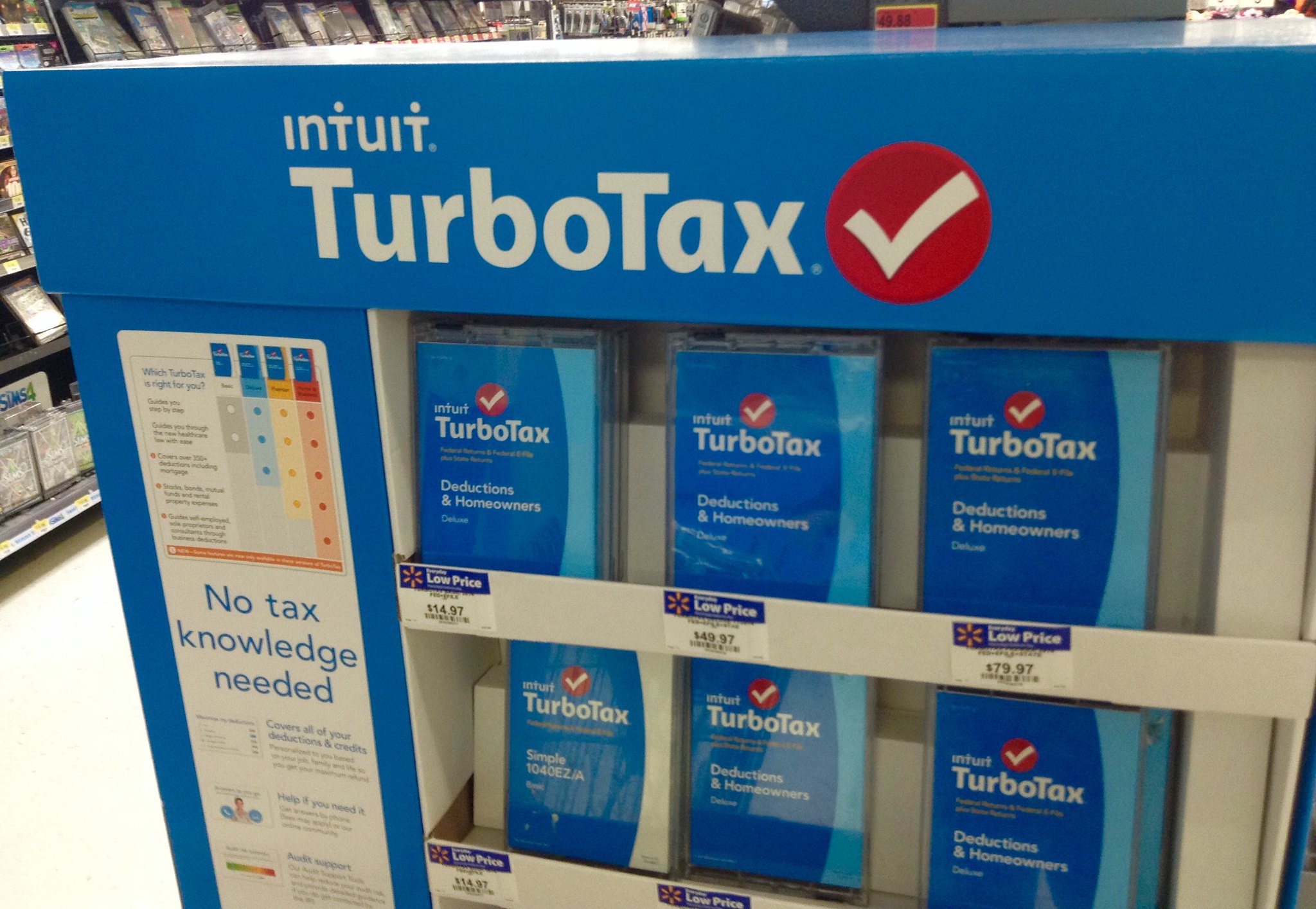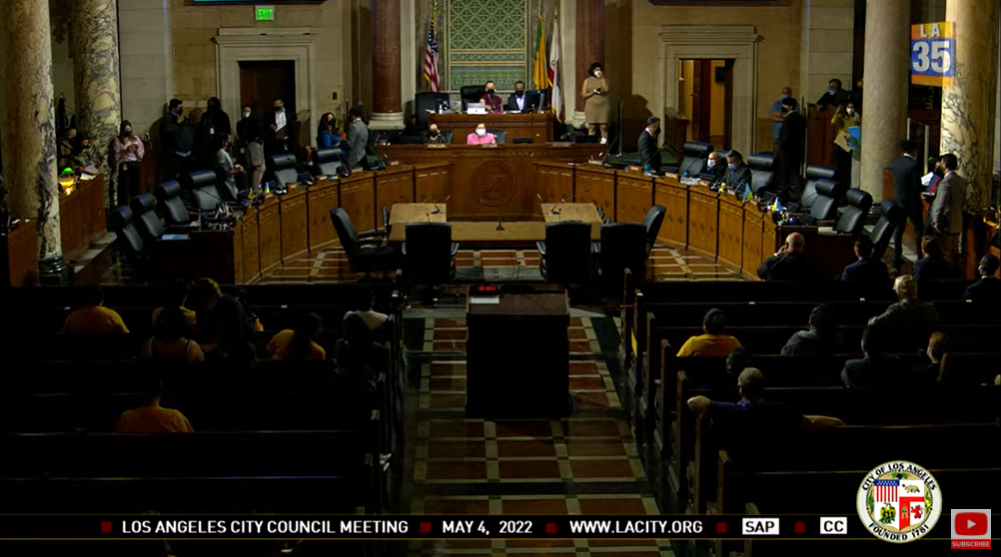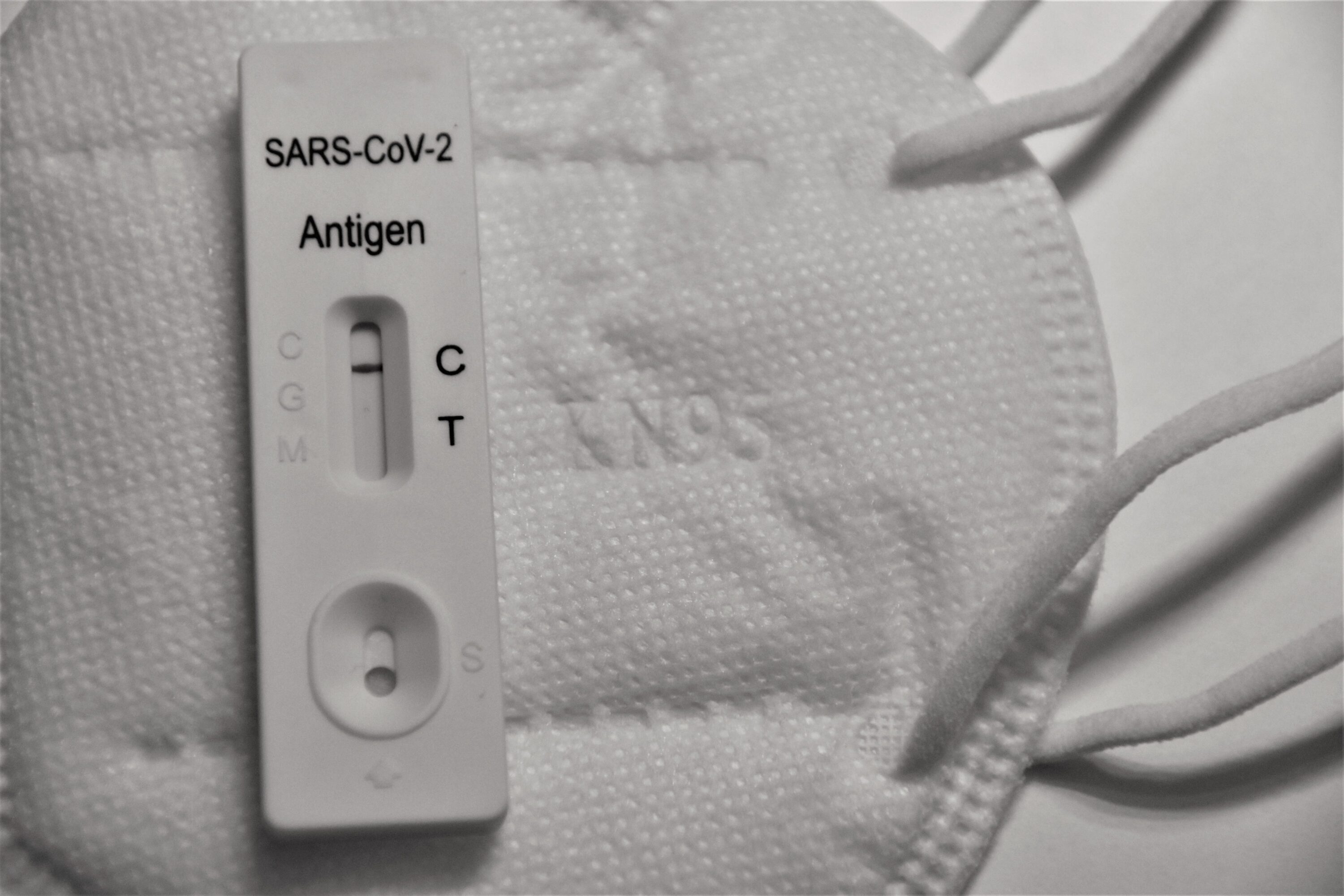Hundreds of thousands of California taxpayers will receive a total of $11.4 million through a $141 million nationwide settlement with Intuit, which was accused in a lawsuit of deceptively advertising its “free” online TurboTax products, the plaintiffs announced Wednesday.
The lawsuit was filed by a coalition of 51 attorneys general, including California Attorney General Rob Bonta, as well as Los Angeles City Attorney Mike Feuer.
“Every year, millions of hardworking Californians put their trust in online tax filing services like TurboTax, following their step-by-step guides that promise to find taxpayers the best deals for little-to-no cost,” Bonta said. “Our investigation found that Intuit repeatedly and deliberately broke that promise.
“For more than a decade, Intuit used underhanded tricks and deceptive tactics to steer low-income and military taxpayers into paid products despite knowing that they qualified for free help. Today’s settlement is a critical step toward accountability, providing direct restitution for millions of taxpayers and preventing Intuit from lying and misleading their customers in the future,” Bonta added.
Intuit released a statement about the settlement, saying that it “admitted no wrongdoing” but agreed to settle “to put this matter behind it.”
The lawsuit alleged that TurboTax offered two competing products labeled as free through TurboTax, which Bonta’s office said created confusion that helped it gained profits. One of the “free” products was through a partnership with the Internal Revenue Service and the other was a commercial product.
Intuit’s Freedom Edition product through the IRS Free File Program allows eligible filers to file for free, but in 2007 Intuit launched “Free Edition” that was only free for “simple returns.”
Meanwhile, Bonta’s office said that a large portion of taxpayers began the filing process using Free Edition and were later informed after spending hours filling out their information that they owed $59.99, and sometimes more than $200, to TurboTax because their returns were not considered simple.
Fewer than 3% of taxpayers used the IRS Free File Program operated by Intuit and other companies in 2020, even though 70% of taxpayers qualified for it.
“We stood up for taxpayers who should never have been misled into paying for tax services they were entitled to get for free. But that’s what we allege happened here,” Feuer said. “Hundreds of thousands of customers now will get money back — and the practices we alleged at Intuit won’t be able to continue.”
The settlement includes $11.4 million for about 370,000 Californians and $141 million for nationwide customers.
The settlement also prohibits Intuit from lying to taxpayers about the necessity of upgrading from its free product; requires Intuit to “clearly and conspicuously” disclose in advertisements any limitations of its free product; requires Intuit to disclose to taxpayers at the earliest possible point in using a free product that they will not qualify for that product; and prohibits Intuit from requiring users to re-enter data when they upgrade from a free product and then return to the free product.
Regarding the non-financial aspects of the settlement, Intuit said in its statement that it “already adheres to most of these advertising practices and expects minimal impact to its business from implementing the remaining changes going forward.”







